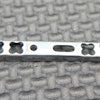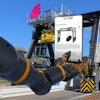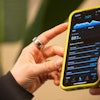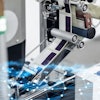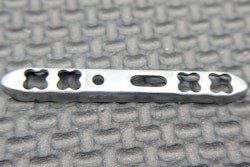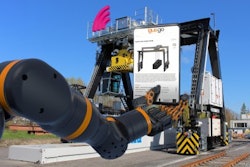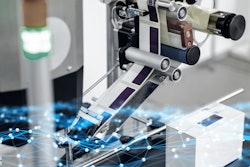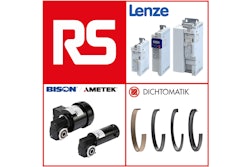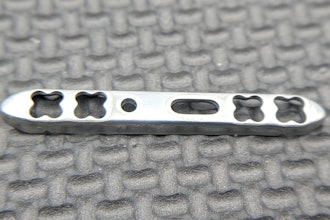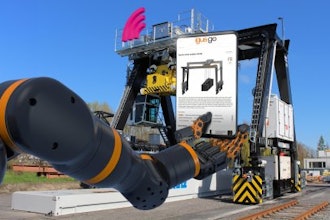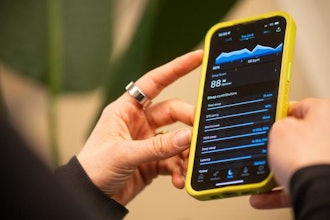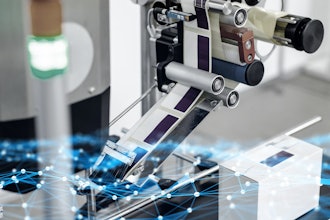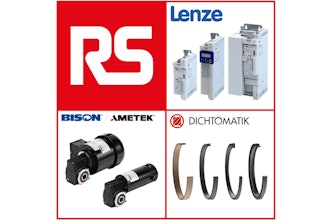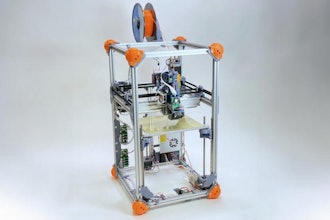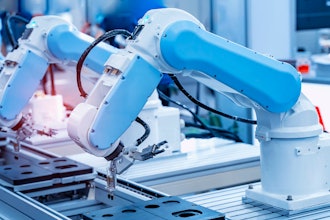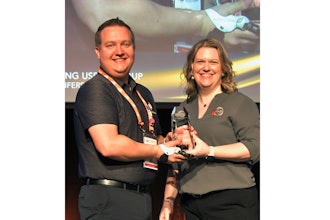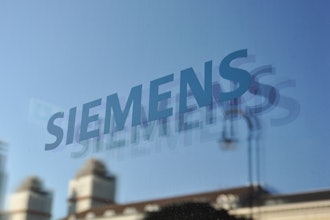GENEVA (AP) — A World Trade Organization appeals body on Wednesday upheld a ruling that Japan violates international trade rules applying punitive fees on imported South Korean computer chips.
Reaction to the overall decision was mixed, however, with Japanese officials saying they were ''pleased'' with some of its findings and Korean diplomats declaring themselves ''not dissatisfied.''
The dispute concerns a 27.2 percent charge Tokyo levies on imports of DRAM, or dynamic random access memory, chips made by South Korea's Hynix Semiconductor Inc. Japan accuses Hynix of benefiting from subsidies to sell the chips at below-cost prices and harm Japanese chipmakers.
The chips are widely used in personal computers and are Hynix's mainstay product.
Seoul claimed victory after the initial WTO ruling in July, even though the panel didn't order Tokyo to scrap or cut the fees.
On Wednesday, the WTO's top court did tell Japan to bring the fees into compliance with global commerce agreements. But the 102-page decision also rejected some earlier findings that went against Tokyo.
''It's a very mixed result,'' Japanese trade negotiator Koji Saito said. ''We are pleased that some of the previous findings were reversed. Obviously, there's other findings that (conclude) Japan's measures are inconsistent.''
Jae-kown Kang, an official with Korea's WTO mission in Geneva — who said, ''We are not dissatisfied with the ruling'' — declined to comment further because Seoul planned to make an announcement soon.
South Korea has argued that the duties are discriminatory, and the WTO appeals body backed its claims that Japan wrongly concluded that Hynix gained an unfair advantage through certain government payments. On other payments, the WTO chided Japan for wrongly calculating the benefit Hynix enjoyed.
While the WTO has yet to order Japan to eliminate the fees, the two rulings imply that Tokyo will at least have to recalculate the duty, introduced in January 2006.
Hynix's chips and the alleged subsidies paid by South Korea also have caused disputes with the United States and the European Union. Hynix, which nearly collapsed under mountains of debt several years ago, was twice saved — in October 2001 and December 2002 — by its creditor banks, which were majority-owned by the South Korean government.
In 2003, the U.S. levied a duty of 44.7 percent and the European Union slapped a 34.8 percent tariff on the chips, alleging that the banks had subsidized their production via low-interest loans.
